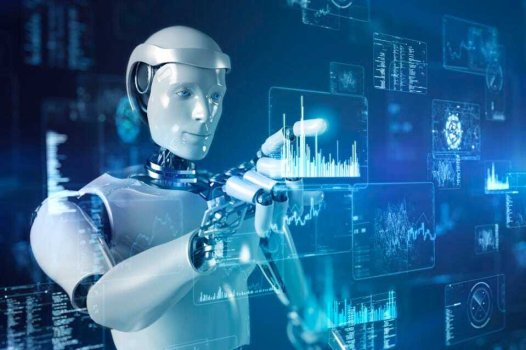First, companies began using artificial intelligence (AI) to transform drug discovery. Now, they are jumping into the robotics race. With robots running labs, there can be more experiments performed faster and in parallel, generating high-quality data that strengthens AI’s ability to make accurate hypotheses and validate those hypotheses. Ultimately, that means new drugs can get to market faster where they can start helping patients.
Analytics Insights reports that robotics in pharma and drug discovery is expected to grow from a $2.05 billion industry in 2019 to $4.87 billion in 2023. Driving this investment is the need for the industry to solve the major roadblocks to successful novel drug discovery: namely, slow speed, high cost and excessive failure rates in the final stages.
On average, it costs over $1 billion and can take over a decade to bring one drug to market—and a whopping 90% of drug candidates fail during clinical trials, per an oft-cited statistic.
Barriers To Finding New Targets And Drugs
In drug discovery, scientists comb through what’s known as “omics” data—data related to the human genome, including DNA and RNA. Diseases are tied to specific genes, and scientists analyze data related to hundreds of thousands of human genomes to try to pinpoint which genes are associated with which disease. They then need to identify proteins coded by the gene in question that has the potential to be drugged. Currently, 40% of the human genome has yet to be explored, and just 10% of human proteins have been identified as druggable.
Continue reading: https://www.forbes.com/sites/forbestechcouncil/2022/07/27/ai-from-drug-discovery-to-robotics/?sh=1d5c084d3d7f
Analytics Insights reports that robotics in pharma and drug discovery is expected to grow from a $2.05 billion industry in 2019 to $4.87 billion in 2023. Driving this investment is the need for the industry to solve the major roadblocks to successful novel drug discovery: namely, slow speed, high cost and excessive failure rates in the final stages.
On average, it costs over $1 billion and can take over a decade to bring one drug to market—and a whopping 90% of drug candidates fail during clinical trials, per an oft-cited statistic.
Barriers To Finding New Targets And Drugs
In drug discovery, scientists comb through what’s known as “omics” data—data related to the human genome, including DNA and RNA. Diseases are tied to specific genes, and scientists analyze data related to hundreds of thousands of human genomes to try to pinpoint which genes are associated with which disease. They then need to identify proteins coded by the gene in question that has the potential to be drugged. Currently, 40% of the human genome has yet to be explored, and just 10% of human proteins have been identified as druggable.
Continue reading: https://www.forbes.com/sites/forbestechcouncil/2022/07/27/ai-from-drug-discovery-to-robotics/?sh=1d5c084d3d7f

